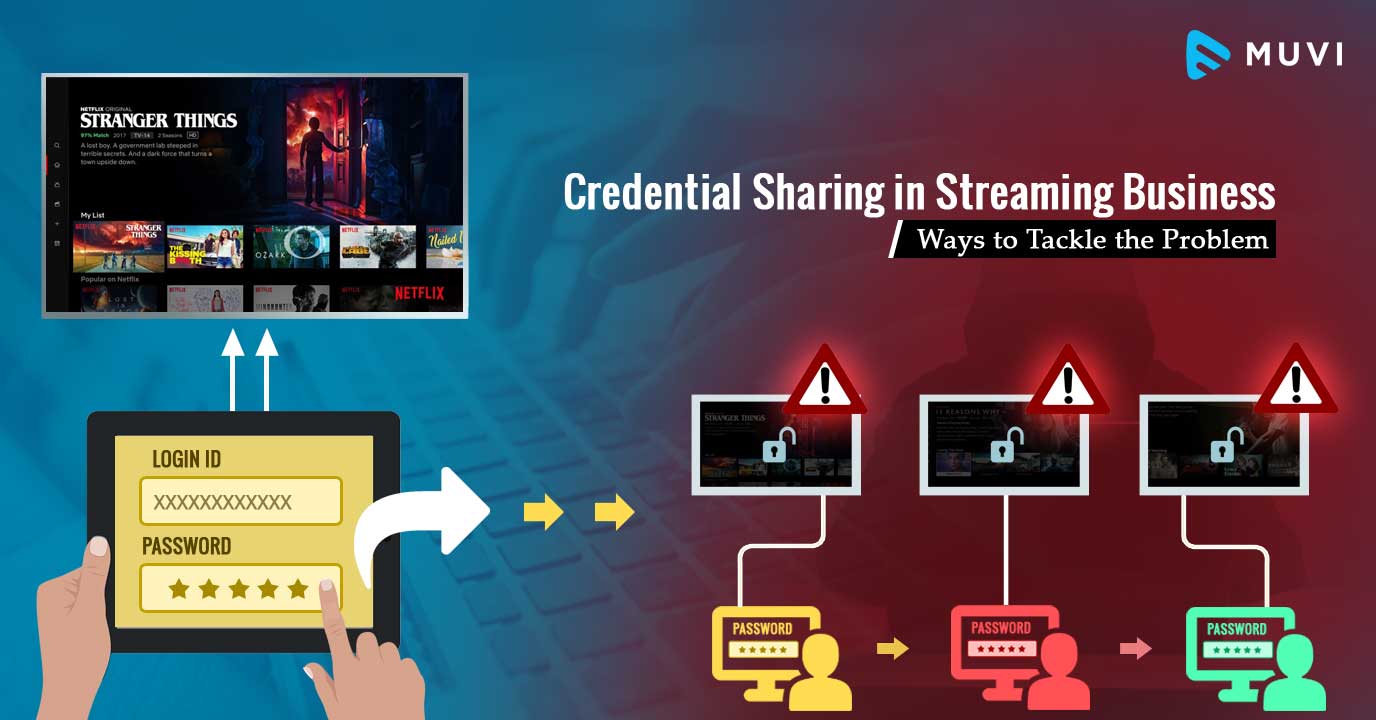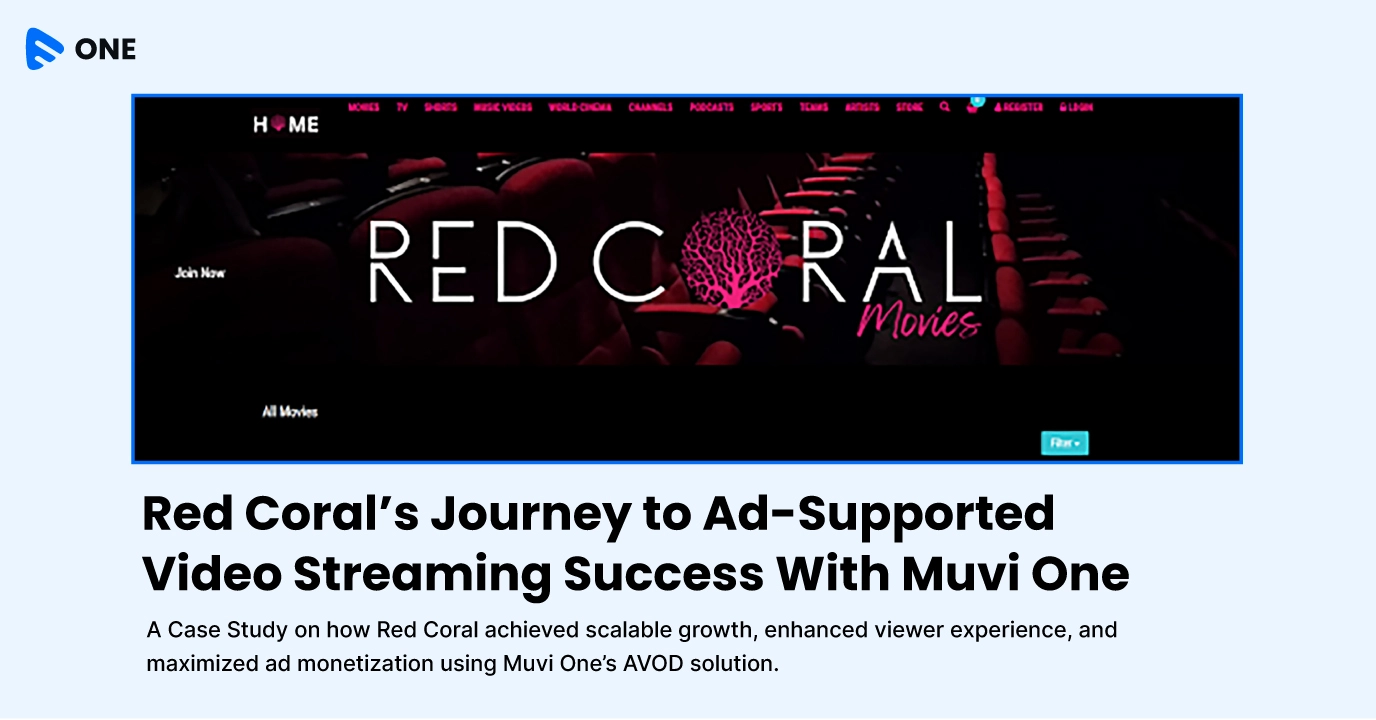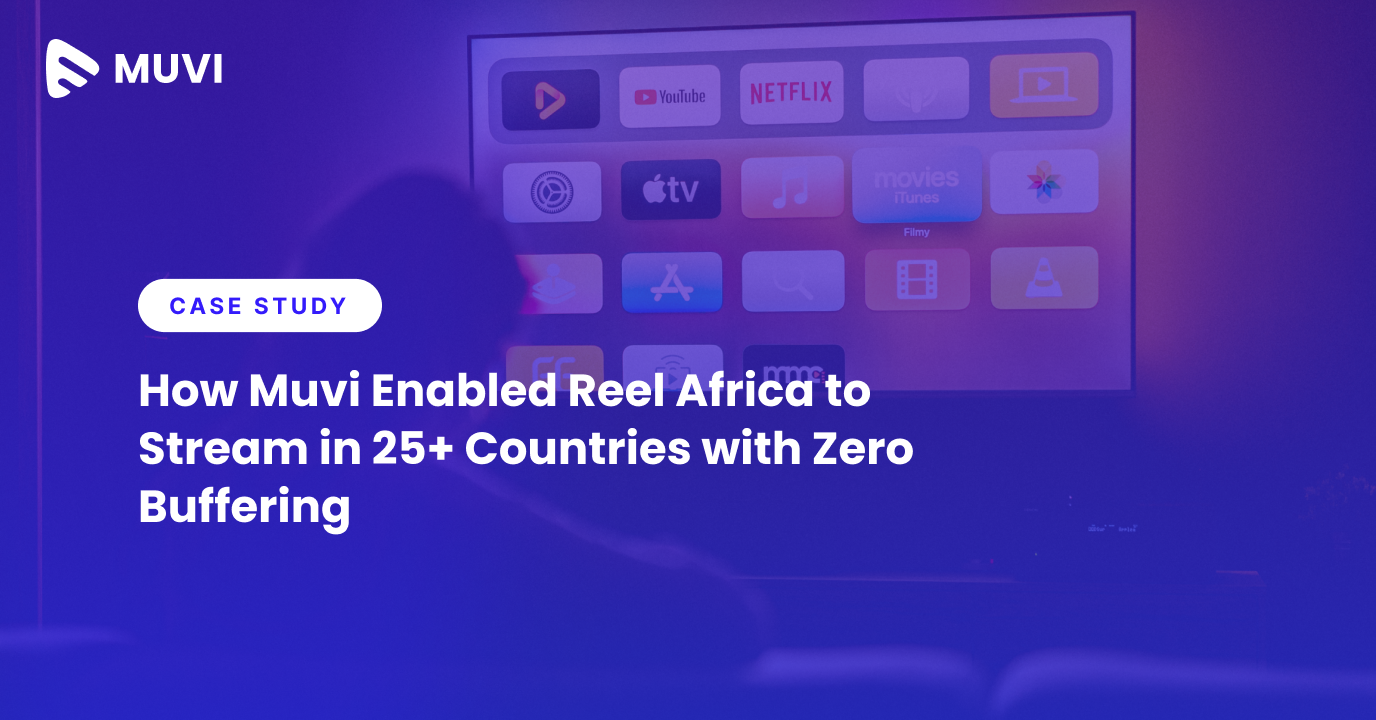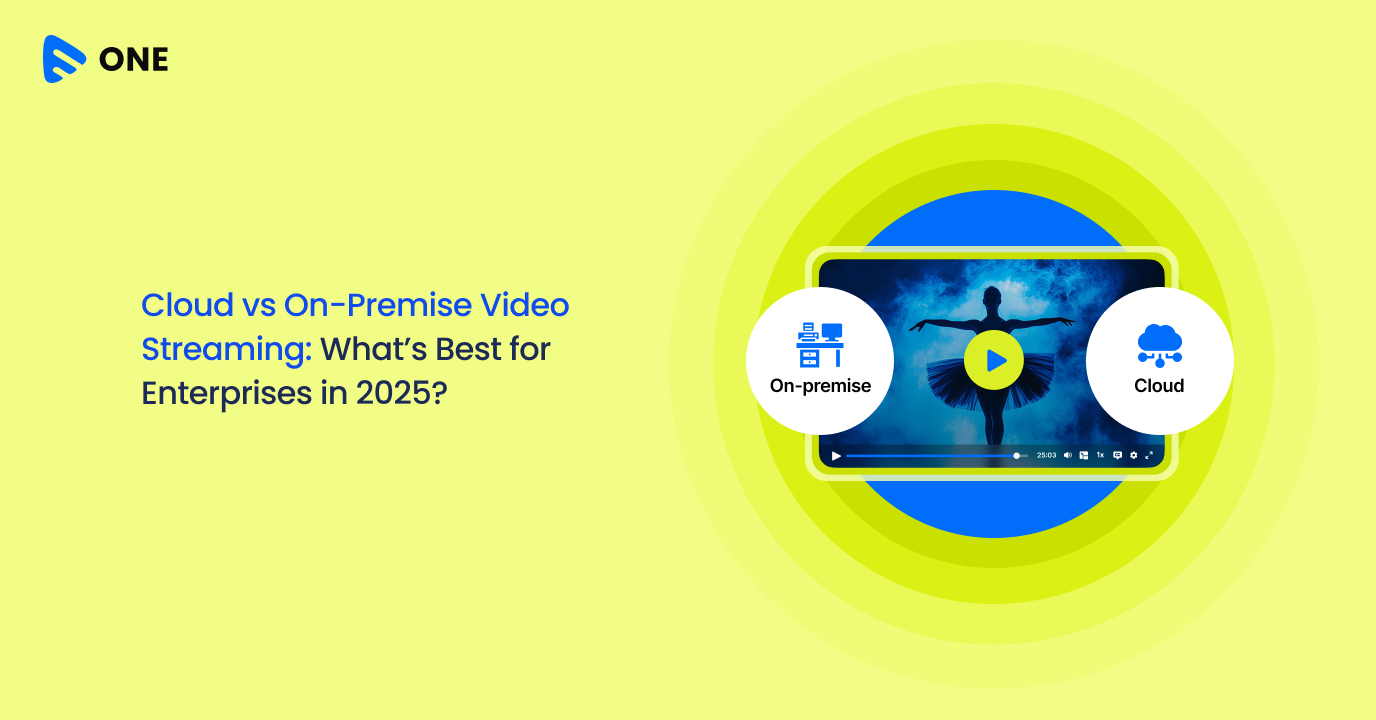Written by: Sreejata Basu
Sreejata is the Manager for Muvi’s Content Marketing unit. She is a passionate writer with a background in English Literature and music. By week Sreejata spends her time in the corporate world of Muvi, but on weekends she likes to take short hiking trips, watch movies and read interesting travelogues.



















Add your comment